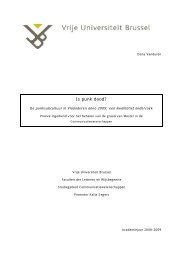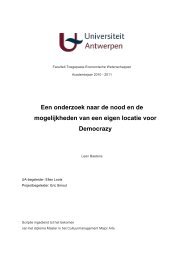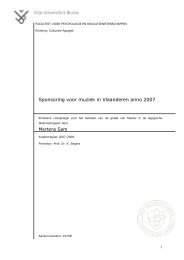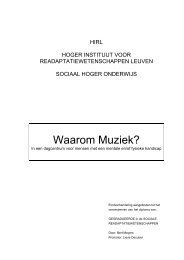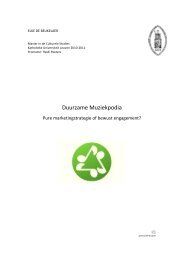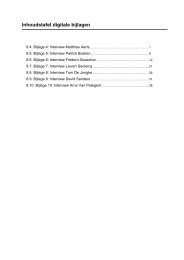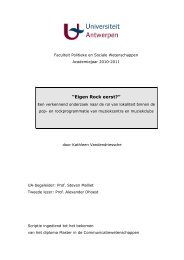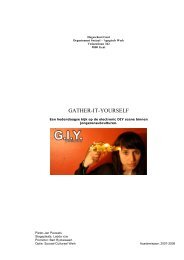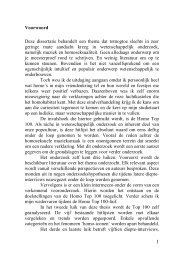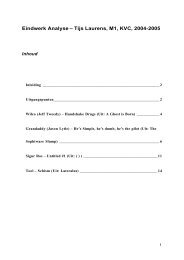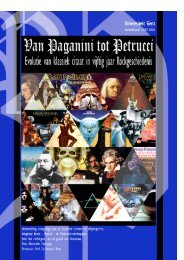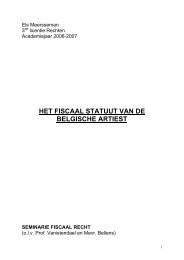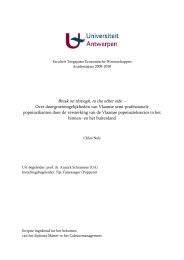Hip hop identity in a township reality. - Poppunt
Hip hop identity in a township reality. - Poppunt
Hip hop identity in a township reality. - Poppunt
Create successful ePaper yourself
Turn your PDF publications into a flip-book with our unique Google optimized e-Paper software.
<strong>in</strong>struction <strong>in</strong> the mother tongue was extended up to the highest possible level for<br />
black children, while the role of Afrikaans <strong>in</strong>creased. At the same time the<br />
government gradually elim<strong>in</strong>ated mother tongue English teachers out of the system<br />
<strong>in</strong> an attempt to deny black children access to English mother tongue speakers.<br />
This strategy did work effectively and resulted <strong>in</strong> a very limited contact between<br />
black children and native English speakers. F<strong>in</strong>ally this resulted <strong>in</strong> the development<br />
of certa<strong>in</strong> characteristic patterns of pronunciation and syntax, both traceable to the<br />
mother tongue, which are now seen as the norms of (spoken) BSAE (de Klerk and<br />
Gough: 357). The ultimate goal of this policy fitted the overall idea of apartheid<br />
completely. The diversity between people is stressed if everybody is educated <strong>in</strong><br />
their own mother tongue. This was the idea beh<strong>in</strong>d the education and language<br />
policies, but look<strong>in</strong>g at the spread of BSAE throughout the whole country amongst<br />
the ethnically African population of South Africa, it becomes clear this idea did not<br />
have the expected results. When <strong>in</strong> 1979 pupils were allowed to choose their own<br />
medium of <strong>in</strong>struction, after the first four years of school, the overwhelm<strong>in</strong>g<br />
majority chose English (de Klerk and Gough: 357). A major reason for this choice<br />
was the idea that English was a means for societal and socio-economic<br />
improvement, while the <strong>in</strong>digenous languages were not valued as such by its own<br />
speakers, s<strong>in</strong>ce those languages did not facilitate an upward social mobility <strong>in</strong><br />
society. Still, a lot of pupils have little exposure to mother tongue speakers of<br />
English and varieties of English other than BSAE. All of this has resulted <strong>in</strong> very<br />
mixed levels of competence <strong>in</strong> English and therefore it is difficult to make<br />
estimations of how many South African black people have a knowledge of English.<br />
Estimations on this vary between 32 percent and 61 percent (de Klerk and Gough:<br />
358). It is hard to def<strong>in</strong>e what exactly is ‘knowledge of English’. This is a<br />
cont<strong>in</strong>uum, with huge differences between the competence <strong>in</strong> English of the South<br />
African blacks.<br />
For the description of the general and most common features of BSAE, we will use<br />
several studies that have outl<strong>in</strong>ed a number of features. Due to the fact that there<br />
is still a big need for more research <strong>in</strong> this field, there is not really a consensus on<br />
what exactly the ma<strong>in</strong> features of BSAE are. Therefore we have made a summary of<br />
all the features we could f<strong>in</strong>d and that often return. We have used examples from<br />
our own <strong>in</strong>terviews to make the features more clear. We will restrict ourselves to<br />
features that occur rather frequently <strong>in</strong> the speech of our <strong>in</strong>terviewees. Some<br />
authors recognise certa<strong>in</strong> features, while others do not, and sometimes they do not<br />
occur frequently <strong>in</strong> our <strong>in</strong>terviewees’ speech. The latter might be due to the fact that



